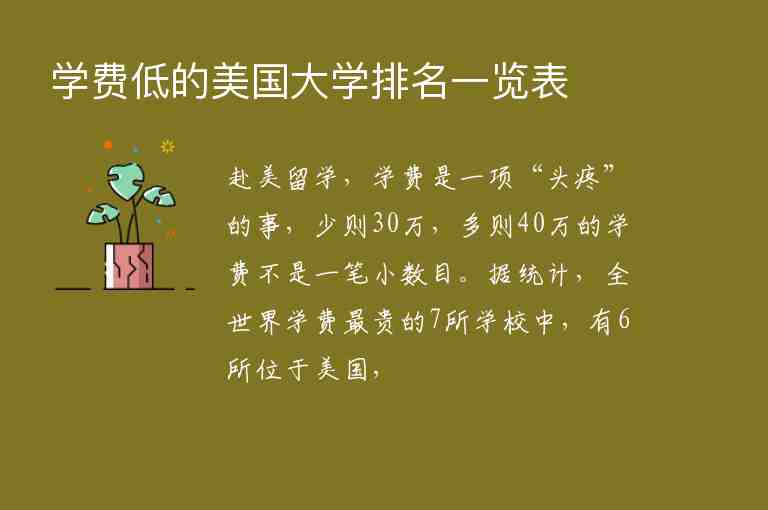一:compare是什么意思?用法、例句的意思:
Compare是一个动词,意为“比较”,可以用来表示将两个或多个事物进行对比,从而找出它们之间的相似点或不同点。它也可以用来表示评价或判断两者之间的优劣。
二:怎么读(音标):
/kəmˈper/
三:用法:
1. compare A and B:比较A和B
2. compare A to/with B:将A与B进行比较
3. be compared to/with:被与...相比较
4. compare to + n./pron.:将...比作...
5. compare notes with sb.:与某人交换看法、心得等
四:例句1-5句且中英对照:
1. We should compare the prices of different brands before we make a decision.
我们应该在做决定之前比较不同品牌的价格。
2. The teacher asked us to compare the two poems and find out their similarities.
老师要求我们比较这两首诗并找出它们的共同点。
3. I always compare my daughter to her mother, they look so alike.
我总是把我的女儿和她妈妈相提并论,她们长得太像了。
4. My salary can't be compared with yours, you are much richer than me.
我的工资无法和你相提并论,你比我富裕得多。
5. We often compare notes with each other after watching a movie, it's interesting.
我们经常在看完电影后互相交换看法,这很有趣。
五:同义词及用法:
1. contrast:意为“对比”,强调两者之间的差异。常用搭配有in contrast to/with。
2. liken:意为“比作”,强调将某事物比作另一事物来说明。
3. equate:意为“等同于”,强调将某事物与另一事物相提并论。
4. match:意为“匹配”,常用来表示两者之间的相似或相称。
5. parallel:意为“类似”,指两者在某些方面具有相似性。
六:编辑总结:
Compare是一个常用的动词,可以用来表示将两个或多个事物进行对比,并找出它们之间的相似点或不同点。它也可以用来评价或判断两者之间的优劣。在使用时,需要注意搭配合理,避免语法错误。同时,还需注意与其他近义词的区别,以免造成歧义。
